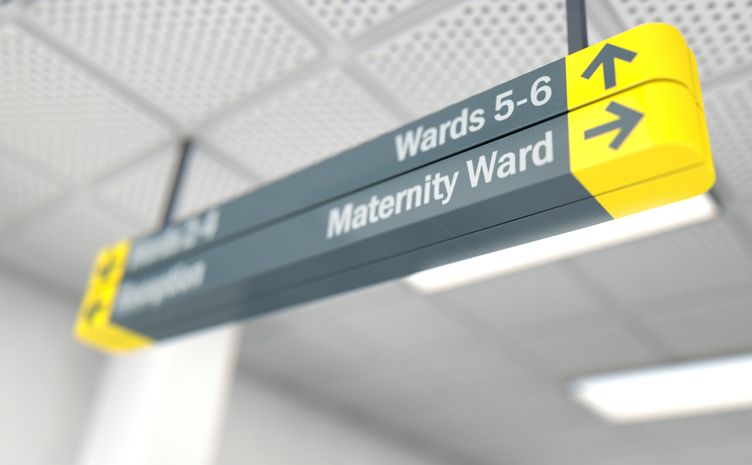Last month, Black Maternal Health Awareness Week took place. It was the second annual awareness week hosted by Five x More, a charity committed to raising awareness about the disparities black women face with maternal care.
This year’s theme was ‘Changing the narrative’, with a focus on empowering black women to make informed choices and advocate for themselves throughout their pregnancies and after childbirth. It also focused on educating health professionals to take active steps to ensure safer care for black women.
MBRRACE Report 2020
Each year, Mothers and Babies: Reducing Risk through Audits and Confidential Enquiries (MBRRACE), prepares a report that looks at maternal deaths in the UK.
The report considers multiple factors that have contributed to maternal deaths. In summary, these include:
- Being known to social services
- Being in a minority ethnic group
- Being a non-UK citizen
- Living in a deprived area
- Being non-English speaking
- Being overweight or obese
- Being over the age of 35
- Having physical health problems
- Having mental health problems
- Previous pregnancy problems
- Unemployment
- Domestic abuse
- Delayed antenatal care
- Smoking
Sadly, the report confirmed that there is a continuing disparity in treatment between black and ethnic women compared to their white counterparts.
According to the 2020 report, black women in the UK are four times more likely to die during pregnancy than white women. Historically, this number was five times more (MBRRACE reports 2018 & 2019), hence the name of the campaign, Fixe x More. Additionally, women from Asian ethnic backgrounds were twice as likely to experience maternal mortality as white women. Despite greater awareness, these figures have gone largely unchanged.
The report concluded that there were systematic biases that prevented women with complex and multiple problems from accessing the care they needed.
What is being done to change this?
Race Equality Taskforce
In July 2020, the Royal College of Obstetricians and Gynaecologists (RCOG) launched a Race Equality Taskforce to better understand and tackle racial disparities in women’s healthcare, and racism within the obstetric and gynaecology workforce.
They worked with Five x More and developed five actions for healthcare professionals to adopt to help drive change, change attitudes and put an end to these devastating and unacceptable inequalities.
Black people, racism and human rights Inquiry
The Joint Committee on Human Rights, in its Inquiry on Black people, racism and human rights in 2020-21, examined the issue of higher rates of death among black pregnant women.
When giving evidence, Jacqueline Dunkley-Bent, the Chief Midwifery Officer at NHS England and NHS Improvement, told the Committee that the government did not have a target to reduce the racial disparity in death rates of pregnant women. Within the report the committee included specific recommendations that the government introduce a target to end the disparity in maternal mortality between black women and white women.
Parliament debate
Five x More started a public petition entitled ‘Improve maternal mortality rates and healthcare for black women in the UK’. The petition got 187,000 signatures and was debated in Parliament in April 2021.
Ahead of the debate, Five x More’s founders held a briefing with over 40 MPs to highlight the issues and to ask them to publicly commit to signing the Five x More MP Black Maternal Health Pledge .
MPs including, Bell Ribeiro-Addy, Diane Abbott, Dawn Butler and Zarah Sultana, amongst many others, have already signed the pledge.
More must be done
Megan Owen, solicitor in our Clinical Negligence and Personal Injury team, comments:
The statistics clearly show the extraordinary disparities that black mothers face compared to their white counterparts. This is proof that institutional racism, be it consciously or unconsciously, is active within our healthcare system.
As such it is evident that far more must be done, and greater pressure must be placed on the government to take urgent action to bring down the mortality rates amongst black pregnant women.
For more information about our Clinical Negligence and Personal Injury team and the services we provide, visit our web page here.

